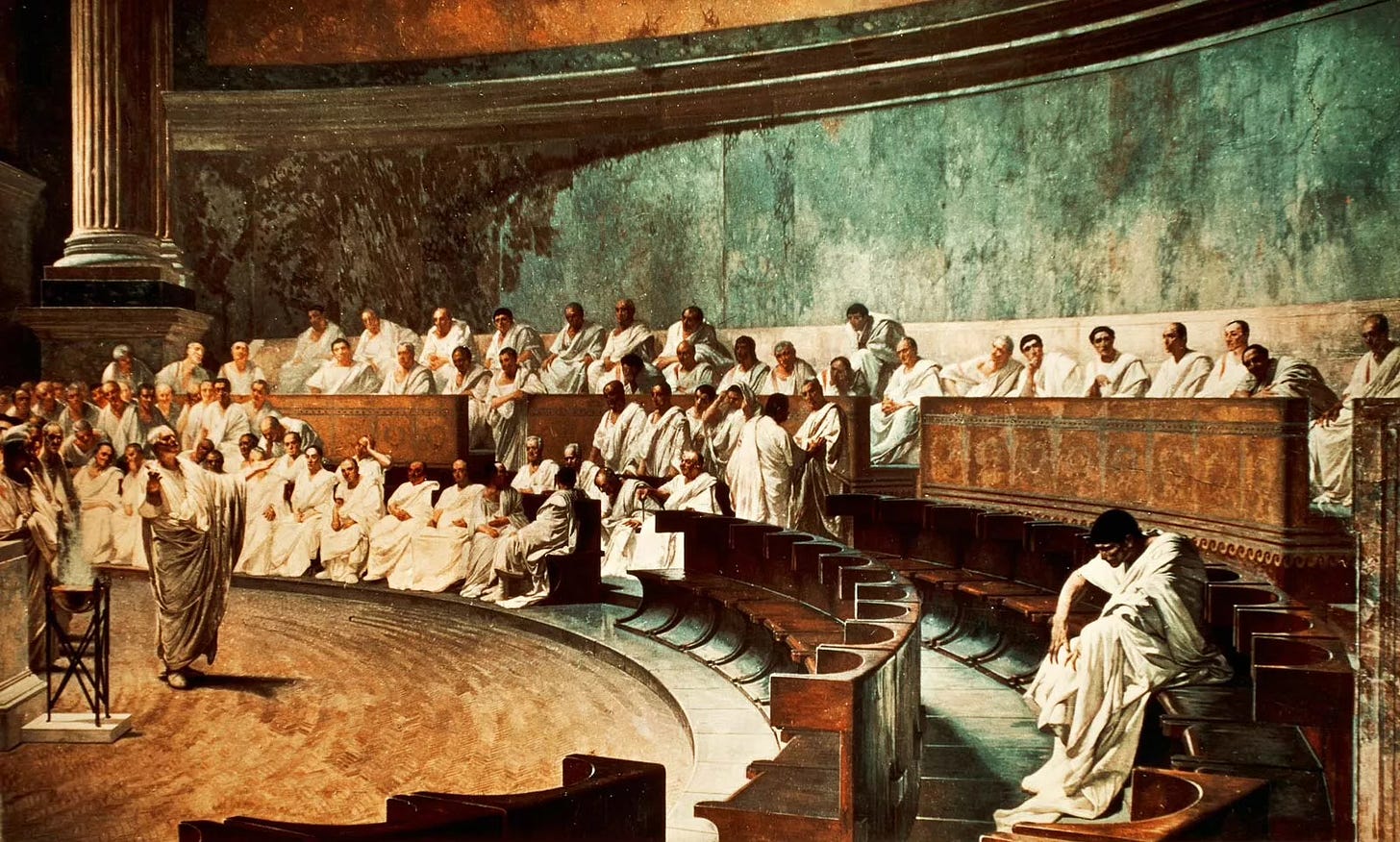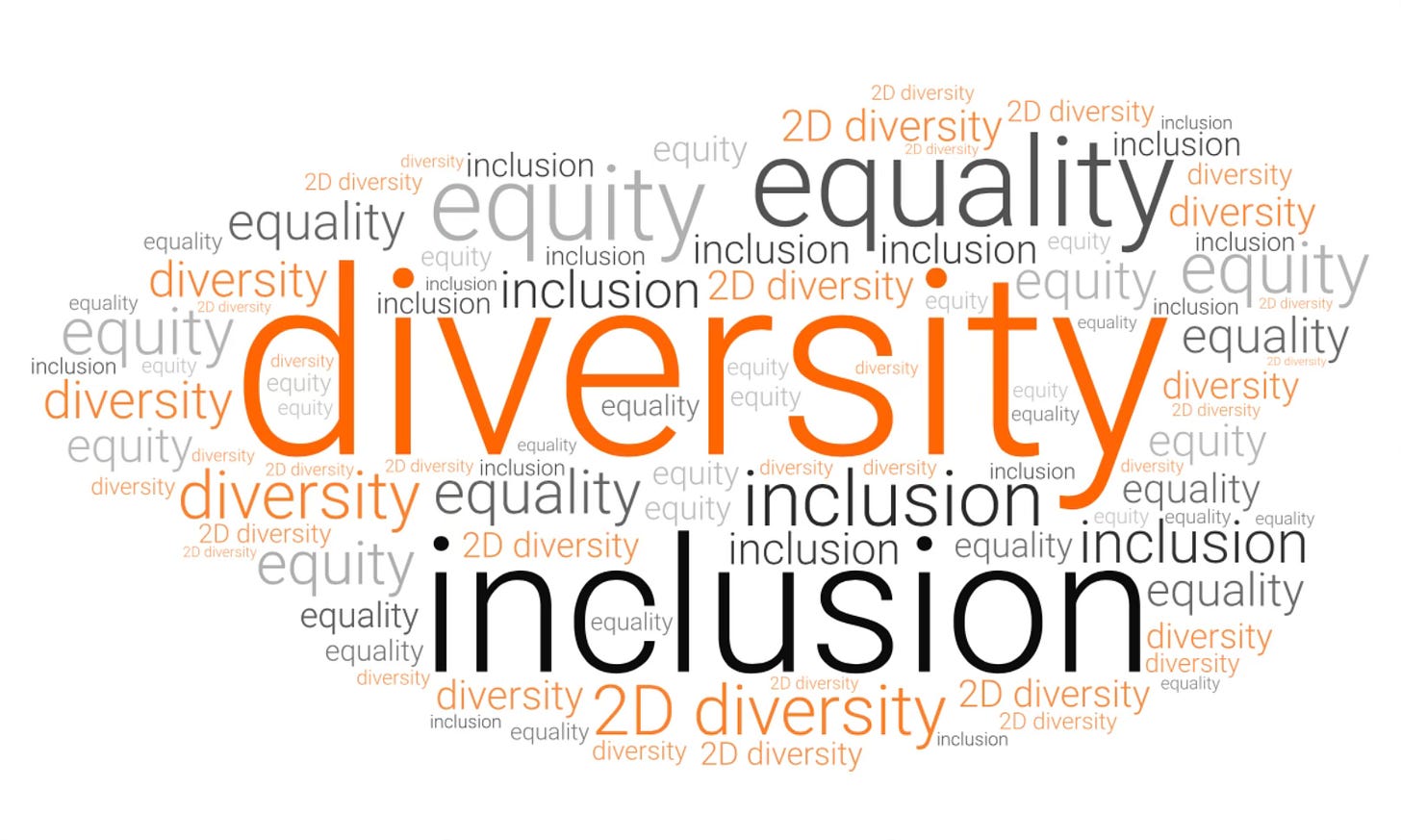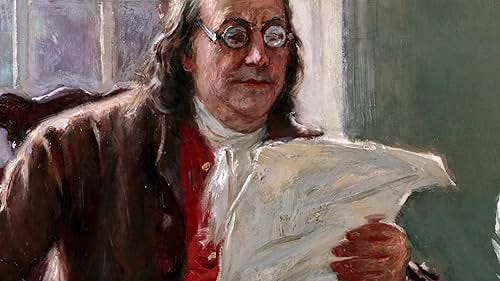United States Citizenship
United States citizens have something important in common: Citizenship. What if we all aimed to be good citizens?
“Homonoia” is an ancient Greek term that means something like one-mindedness, or unity, or harmonious concord, among fellow citizens.
In classical Greek political philosophy, homonoia was considered to be one of the most important goals of legislation.
Classical thinkers understood that fellow citizens who have nothing in common, who don’t know, don’t understand, and don’t trust one another—who view each other as strangers and potential or actual enemies—will fuel the opposite of civic concord: civic discord.
Without Concord, Discord
Those classical thinkers were right. Without something in common, something uniting citizens together, no political community can long endure.
In the United States, throughout most of its history, a common education in the great books, great minds, and great events of Western Civilization supplied some semblance of homonoia for the American people.
Though Americans have differed on many subjects, they at least had in common some basic understanding of literature, history, and the lessons to be learned from them.
When Alexander Hamilton enlisted his friends James Madison and John Jay to write The Federalist Papers, for example, in 1787-88, they could back up their arguments with examples from ancient Greek cities, the early Roman Republic, and medieval Europe, confident that ordinary citizens would be familiar with those stories.
Cicero Denounces Catiline, painting by Cesare Maccari (1888) depicting the Roman consul Cicero charging the aristocrat Catiline with plotting to overthrow the Roman government.
When the authors of The Federalist Papers appealed to Plato, Plutarch, and Montesquieu, ordinary American farmers, merchants, and craftsmen knew who those thinkers were, even if they held differing opinions about them.
In the United States today, there is little homonoia. It’s a question whether U.S. citizens have anything in common.
Are Americans like-minded about anything? Is there any kind of cultural or political unity?
The oneness of homonoia has been eclipsed in the postmodern U.S. by an obsession with “diversity.” Talk about what Americans have in common—or should have in common—and you’ll likely end up on an FBI list of suspected domestic terrorists. You’ll certainly be denounced widely on social media.
Talk about “diversity” in America and emphasize different cultural, racial, and sexual tribes within America, and you can rise to the highest ranks within most colleges and universities: Dean, provost, president, etc. Big corporations will pay you large sums of money to provide diversity training for their employees. You’ll become what is now called an “influencer.”
Education in our postmodern United States openly promotes diversity and domestic tribalism—which in turn fuels civil discord—while the homonoia supported by a common education in the great books, great minds, and great events of Western Civilization is openly mocked and dismissed.
Today, one can climb the education ladder, successfully, from kindergarten all the way through an MD, JD, or PhD, without reading a single sentence from Homer, Thucydides, Plato, Aristotle, Polybius, Cicero, Plutarch, Livy, Shakespeare, Locke, Montesquieu, or the American Publius.
One can now hold the highest academic degrees available and not know what the Peloponnesian War was, or the Gettysburg Address, or Magna Carta.
Americans used to find inspiration in lines such as “Molon labe,” “Carpe diem,” or “hypocrisy is the tribute vice pays to virtue.” Not anymore. The most schooled generation of Americans don’t know what these lines mean or who said them.
And they don’t care. They have Tik Tok. Who needs classical wisdom or models of virtue?
This is not a great achievement of modern education. It is a great failure. It is an important reason why Americans today have little in common and view each other more as threats and enemies rather than as fellow citizens and potential friends.
It’s why more citizens than ever clamor for yet more regulations they faithfully pray will protect them from neighbors they don’t know or trust.
Citizenship: Something We Have In Common
Yet, despite the progressive emphasis on diversity and related subjects of domestic tribalism, there is something important all United States citizens have in common: Citizenship.
Each and every citizen is equally a citizen. Here in the United States, we do not have legally recognized levels of citizens. There are no first-class or second-class or third-class citizens. Our Constitution wisely prohibits all titles of nobility. Here, there are citizens, simply, all of whom should be equal under the laws because the laws should be common to all citizens.
What does it mean, though, to be a United States citizen? What does it mean to be an American?
The answer has nothing to do with the diversity, equity, or inclusiveness that the chattering class chatters about endlessly. It has nothing to do with skin color or sexual peccadilloes or “gender identification.” Being black doesn’t make you a good American; being white doesn’t make you a good American; being sexually attracted to men or women or those who claim to be neither doesn’t make you a good American.
And, none of these things make you a bad American, either.
U.S. citizenship requires certain civic virtues. Virtue requires intelligent and purposeful choice. Virtue requires effort. Virtue is work. Virtue is an activity, not an inherent condition, quality, attribute, or state-of-being.
Your inherent characteristics—qualities you are born with and don’t choose—cannot make you a good citizen, or a good person. Virtues, can. Skin color, or eye color, or left-handedness does not make you a good person. Courage, wisdom, moderation, and justice, do.
Being homosexual doesn’t make you a good citizen. Being heterosexual doesn’t make you a bad citizen. Demanding equal protection of the laws for fellow citizens makes you a good citizen. Stealing the property of fellow citizens makes you a bad citizen.
What, then, are the virtues required to be a good United States citizen? I have distilled the answer down to four core civic virtues. We might debate whether a few more should be added to this list, but without these four, an individual cannot be a good American, or a good person.
The idea of citizenship and what it means to be a good citizen—the goal that each of us should aim for—is something all Americans should share in common. Citizenship can be a source of badly-needed homonoia in the United States today.
Here, then, are four core civic virtues that make for a good United States citizen:
Self-Restraint
If citizens are to live in a free society, they must have a government of limited power. If government is be and remain limited, citizens must be able to control or restrain themselves. Without self-restraint, we would need something like a police state—a large government of unlimited powers, what some call “total government”—to maintain civic safety and order among citizens.
The rub with a police state, or total government, is that while they are created in the name of public safety and order, they almost always end up harming, even murdering in large numbers, the very people they claim to protect.
That is among the many reasons why constitutional self-government is always preferable to total government.
Constitutional self-government means first and foremost governing oneself, restraining oneself.
The mind of each citizen should govern the actions of his or her own body. A good citizen is not a slave to his appetites and desires. A good citizen is a morally responsible person who chooses, wisely and justly, which appetites and desires to indulge, including when and where and how and to what extent.
Self-Assertion
Self-assertion means that citizens must have the courage to stand up and defend their individual rights. Sometimes this means defending oneself against the criminal actions of a fellow citizen. Or it might require defending oneself against foreign threats and dangers. (We should never forget that the early stages of the American Revolution were fought in large measure with privately-owned weapons of war.)
Other times, self-assertion might require calling attention, in public, when those in our own government exercise unjust powers or powers We The People did not delegate to them through our Constitution.
Sometimes a government may usurp the very rights of the people that it was created to protect, and it might do so with a design to oppress the people. The Declaration of Independence says that “whenever any Form of Government becomes destructive of these Ends [protecting rights and operating by consent], it is the Right of the People to alter or to abolish it, and to institute new Government.”
This “Right of the People” is the right of revolution, which underlies all other rights and which forms the ultimate check on government power.
Freedom comes at no small cost. American citizens are required to be vigilant, sometimes at considerable personal cost. Sometimes they might have to risk and sacrifice what Lincoln at Gettysburg called “the last full measure of devotion” in defense of their natural freedom.
In this decisive respect, freedom is a way of life for courageous souls only, not for cowards. Free men and women are spirited, feisty, and armed to the teeth. They know that if they’re not willing to assert themselves and fight, possibly even die, for their own freedom, no one else will be, either.
Civic Knowledge
The American Founders built into the United States Constitution a number of mechanisms that would curb the power of government, making it difficult for government to violate the liberties or confiscate the property of citizens. As important as these improvements were over past governments, however, they were at best “auxiliary precautions.”
As Madison explained in The Federalist Papers, “a dependence on the people is…the primary control on the government.” The principal responsibility for keeping American government within the confines of the Constitution, and therefore protecting the liberty of the American people, belongs to the American people themselves.
Or, as Ben Franklin once quipped, Americans have been blessed with a constitutional republic, “if they can keep it!”
Citizens should understand what the Constitution says about how the government works, what the government is supposed to do, and what it is prohibited from doing. Citizens should never forget that they are the principals; the public servants they elected to government offices are their agents. Agents serve principals, not vice versa.
Americans should also understand their responsibilities as citizens, no less than their rights. Americans should recognize when government assumes the responsibilities that ought to belong to citizens, and demand that government stop, immediately, doing what citizens ought to do for themselves.
This civic knowledge should form the core of education in the United States, especially the education that American parents provide for their own children. Thomas Jefferson was right when he observed: “If a nation expects to be ignorant and free in a state of civilization, it expects what never was and never will be.”
Self-Reliance
In addition to self-restraint, self-assertion, and civic knowledge, citizens must possess the civic virtue of self-reliance.
In order to be truly free, citizens should provide the basic necessities of life for themselves. This will ordinarily require productive work. But so long as citizens are secure under the laws in keeping what they earn or what they produce, that will prove to be a powerful incentive for productive work, for innovation, for invention, for entrepreneurial risk and creativity, all of which makes the character of citizens sturdier.
Indeed, the economic well-being of the American people is left primarily to them because what we often call the “economy” is really free people producing, trading, and interacting as they please, limited only by laws prohibiting theft and fraud.
This freedom presents unlimited opportunities for exercising one’s own industry, which is the single greatest cause of the rise of American economic prosperity and power. But it is also risky. The freedom to succeed is inseparable from the freedom to fail. Where, then, will people turn for support and help when they fail?
Americans in need should turn first to their families, then to friends, neighbors, and fellow citizens.
While some amount of government assistance or welfare might be available, at the local or state level—where citizens can easily distinguish between those desperate for help versus those looking for handouts—we should never forget the danger intrinsic to government welfare or assistance.
As people become increasingly dependent on government for their basic needs, they are no longer in a position to act asindependent citizens and demand that government stay limited within the confines of the Constitution. As Jefferson remarked, “Dependence begets subservience and venality, suffocates the germ of virtue, and prepares fit tools for the designs of ambition.”
Self-reliant citizens are free citizens in the sense that they are not dependent on others for their basic needs. They don’t ask much from government, and therefore they are not in need of a large provider-government, which is likely to become an intrusive, controlling, oppressive government.
Why These Virtues Matter
Only an industrious, productive, self-reliant citizenry is able to enjoy fully the blessings of liberty.
Freedom is the natural right of every human being. Free society offers maximum opportunities for human prosperity and happiness.
Freedom is also a great responsibility. More is required of a free people than any other. They must be informed, spirited, virtuous, and civic-minded. In addition to thinking of themselves as individual men and women, and as members of families, churches, and other private associations, Americans should think of themselves as fellow citizens of a common and free nation.
In his First Inaugural Address, George Washington described what was, and still is, at stake in the great American experiment in freedom: “The preservation of the sacred fire of liberty and the destiny of the republican model of government are justly considered as deeply, perhaps as finally, staked on the experiment entrusted to the hands of the American people.”
The destiny of the United States is in our hands, fellow citizen, yours and mine. We are the guardians of what America is to become. The United States trusts its future, its freedom, and its security to each new generation of Americans and to themany people who come to this country, lawfully, to make a new and better life.
It is to our advantage, it is our duty, to make the United States the best it can be. You can help do your part by being a good citizen. At the same time, we can improve the homonoia among us by reminding and showing others what it means to be self-restrained, self-assertive, self-reliant, and to possess deep civic knowledge and wisdom.











